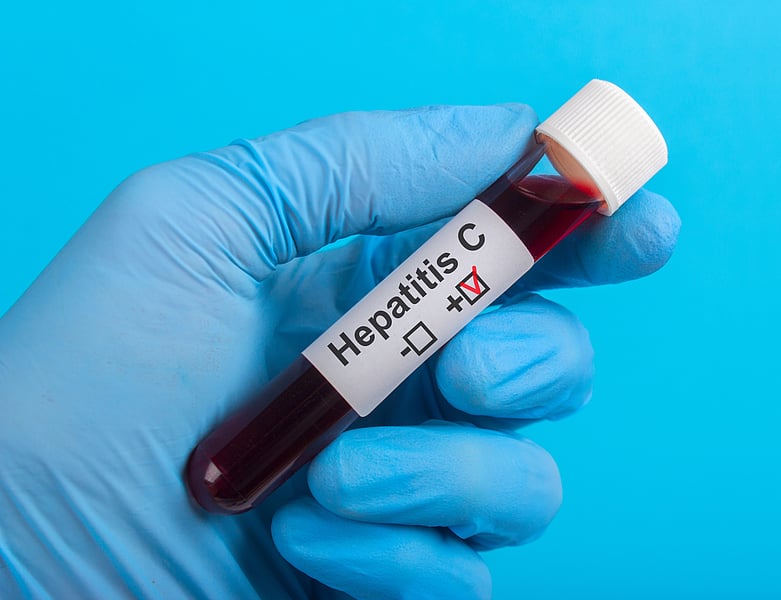Get Healthy!

- Cara Murez
- Posted June 29, 2023
Hepatitis C Can Kill, But Too Many Can't Access the Cure
More than 2 million people in the United States have hepatitis C, but most are not getting the safe treatment that can cure the disease, public health officials said Thursday.
A new U.S. Centers for Disease Control and Prevention report details this problem and highlights the need for a proposed national program to expand access to the cure, in the form of antiviral pills.
Left untreated, hepatitis C can lead to liver scarring (cirrhosis), end-stage liver disease and cancer.
"Tens of thousands of Americans with hepatitis C are getting liver cancer, suffering liver failure, or dying because they can't access lifesaving medicine,"said Dr. Jonathan Mermin, director of CDC's National Center for HIV, Viral Hepatitis, STD, and TB Prevention.
"In our nation, no one should have to live knowing a cure for their potentially deadly disease is available, but out of reach," he said in an agency news release.
More than 14,800 Americans died in 2020 from conditions associated with hepatitis C.
An announcement about the new CDC report described the number of people cured of known hepatitis C infections as "jarringly low."
This was true across all age and insurance groups. The rate was especially low among those without health insurance or Medicaid coverage.
While adults under age 40 had the highest rates of new infections, they were also least likely to get the highly effective medication.
Although cure rates were highest in patients who were 60 and up with Medicare or commercial insurance, fewer than half of them received the treatment.
"The development of a safe and highly effective cure for hepatitis C is one of the most stunning medical achievements of the past 20 years,"said the U.S. National Institutes of Health's Dr. Francis Collins, who leads the White House National Hepatitis C Elimination Program. "But unfortunately, too many people in our country still face insurmountable barriers to accessing this treatment -- which means we must work harder."
He said the proposed National Hepatitis C Elimination Program would overcome many of these barriers, potentially saving tens of thousands of lives and tens of billions of health care dollars. That is "compassionate care that also contributes to deficit reduction," Collins said in the release.
Barriers to treatment include cost, restrictive treatment coverage policies and challenges diagnosing the condition, the CDC said.
The medication can cost tens of thousands of dollars. The CDC said an innovative national delivery model would make hepatitis C treatment attainable for all.
The CDC said the White House has requested substantial funding to make this happen, potentially saving billions in health care costs within 10 years.
Currently, some state Medicaid programs and commercial insurers have treatment restrictions that conflict with medical guidance, require prior authorization and limit types of providers who can prescribe the treatment.
Some of these policies require that patients already have severe liver damage before they can be treated or that they go months without alcohol or drugs, the CDC said.
Getting a positive test can be a cumbersome process. Both an antibody test and a lab-based nucleic acid test are required, which can delay treatment, the CDC said.
The agency suggests supporting development for rapid point-of-care (POC) viral tests that take one visit for diagnosis and to begin treatment.
The CDC also suggests expanding prevention, testing and treatment to more settings, so that Americans who are undiagnosed can become aware of their infection.
More information
The U.S. National Library of Medicine has more on hepatitis C.
SOURCE: U.S. Centers for Disease Control and Prevention, news release, June 29, 2023

